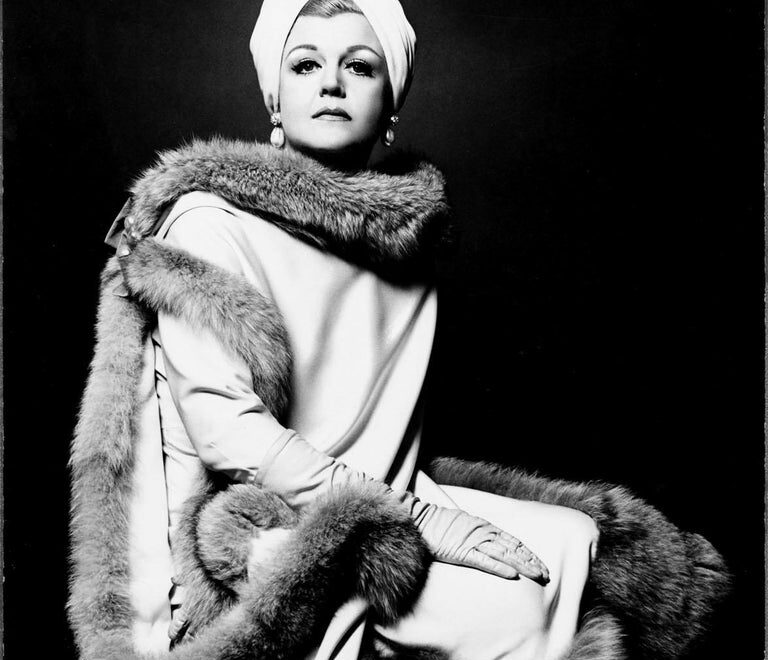Last night from the fire escape of our apartment my partner and I gazed downtown to take in the Manhattan skyline. There were our skyscrapers—the Chrysler Building, the Empire State Building, Citicorp, Time Warner and the still rising One World Trade Center—dotting the horizon, their spires lit up like an early Christmas. Suddenly two large globes of light rose slowly up into the sky like moons on a CGI planet. They grew larger as they came closer. Within minutes reality tempered their ghostlike presence: they turned out to be airplanes, fighter jets perhaps. But their initial appearance was surreal and unforgettable, an evocative symbol of all (the Towers, the lives) that was lost ten years ago.
9/11 is persistent, tricky, as messy a symbol of loss as we’re likely to see in our lifetimes. There’s no escaping it now, or ever. The barrage of media coverage exhorts we never forget, or be damned; if you’ve traveled by air, or god forbid, tried to drive anywhere in New York this weekend, you know that complacency is now a thing of the past, that vigilance is the new world order.
Turn on your television today, and the complications are etched on the faces of every one of those family members whose loved ones perished in the towers, the Pentagon or on the planes. The widows, the siblings, the children, the co-workers still reel from those premature losses; as a memoirist who’s trying to make sense of death wrought from equally catastrophic circumstances (that other mass annihilation of our era, the AIDS epidemic) I understand their feelings of long-term helplessness, their lingering if-onlys and what-ifs, lives tormented by every-day reminders of folks who should still be here, if not for a terrible trick of fate. But you also sense a permanent brokenness, the sense that some have made that grieving their life’s work; ten years later, the moving on feels as alien to them as a world without war, or politicians willing to cross the aisle.
During the names ceremony when one of those grievers spoke to her departed, she offered words of reassurance to her lost one. She and her family had grown strong, she said, and that he was not to worry about them. She was a woman who hadn’t forgotten, but the value of moving on—the now—was as important to embrace as his memory. It reminded me of the Times article this week announcing that a few networks would not alter their evening programming for the sake of commemoration. Their reasons were many, some of them having to do with ratings, yes, but the subtext, unintended or no, was clear: there is a limit to how much collective wailing a soul, a city, a country, can endure.
This shouldn’t be news. Business as usual tells those who want us dead that they might’ve wounded us but they haven’t won. Peace on earth might well be a dream, but I for one would welcome the solace that comes with not having to relive those awful days on a continual basis. With our economic misfortunes, the mess we call DC politics, and a million other things with which to contend, the right now is hard enough.




Get out of my head 😉 Excellent.
My dad found a piece of one of the planes that crashed into the world trade center in one of his hotels devastating
This is a very good tip especially to those fresh to the blogosphere.
Short but very accurate information… Thanks for sharing this one.
A must read post!